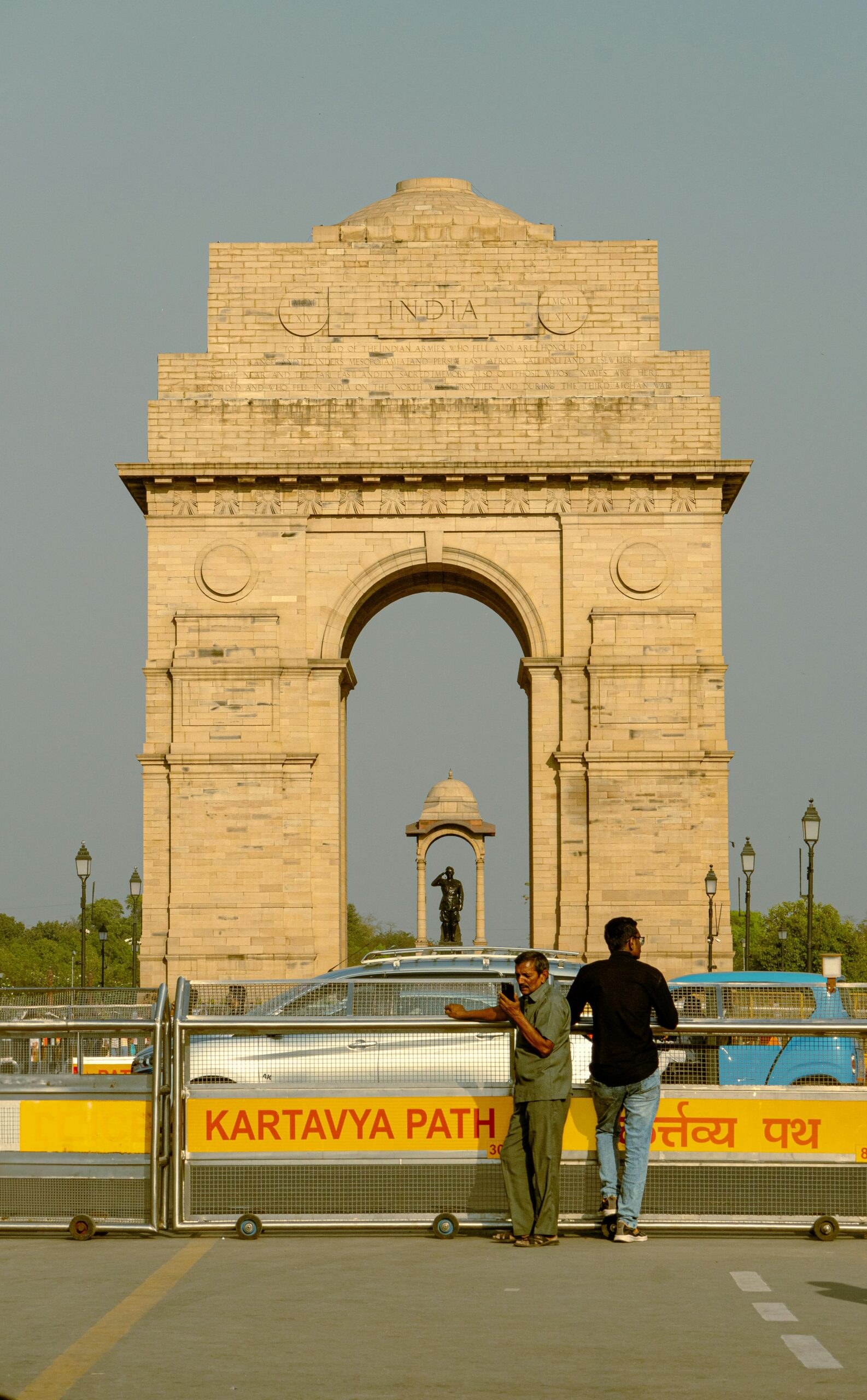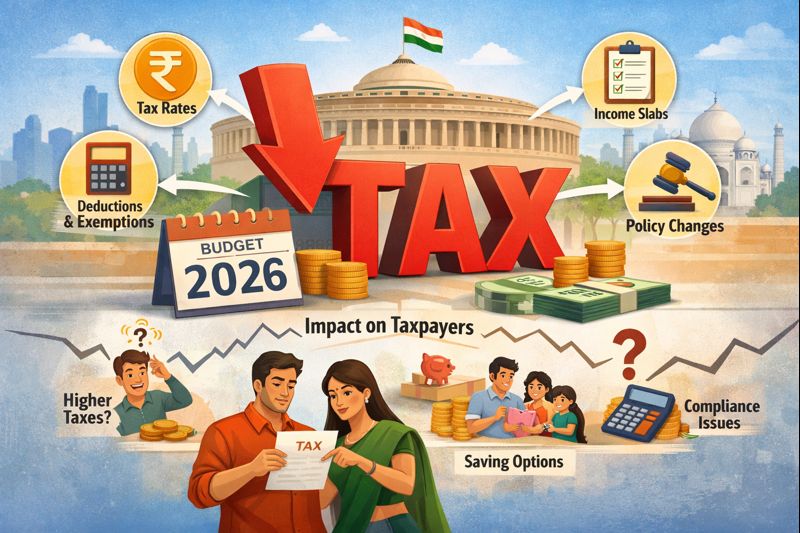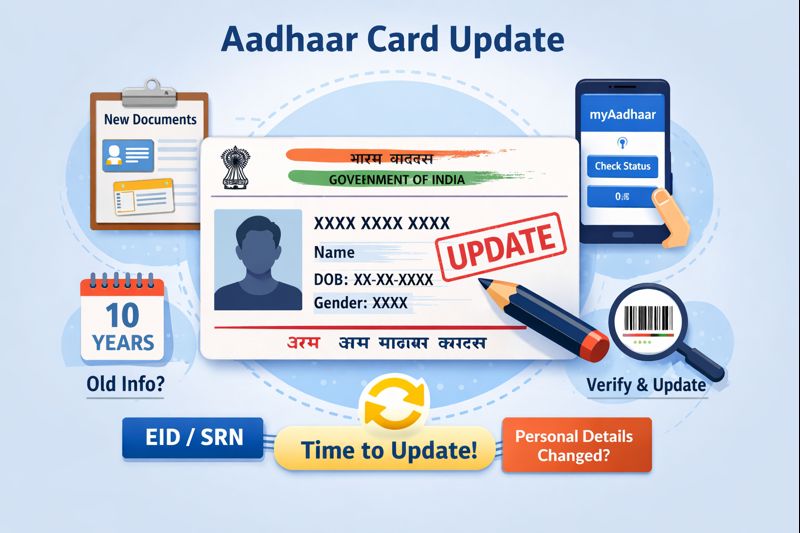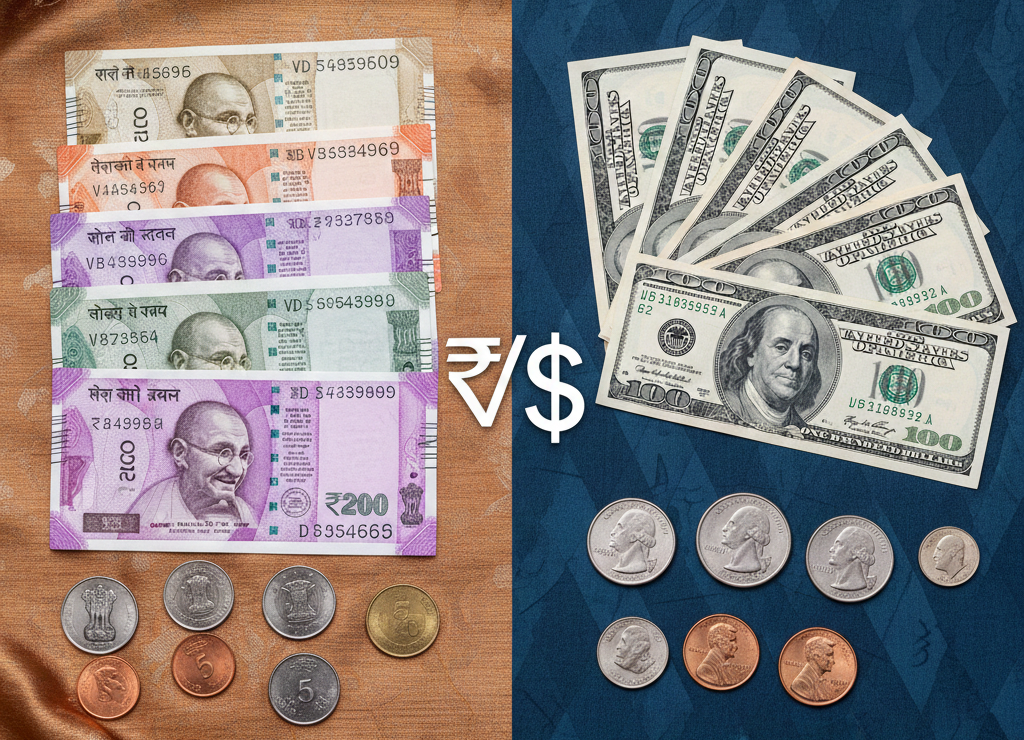Delhi Chief Minister and Finance Minister Rekha Gupta presented the city’s Rs 1 lakh crore Budget for the financial year 2025-26 on Tuesday. The budget emphasizes ten key sectors, including electricity, roads, water, and connectivity.
Delhi CM Rekha Gupta called it a “Historic Budget” as she highlighted her government’s commitment to transparency and efficiency, aiming to break away from the “corruption and mismanagement” of the past decade. She announced a major increase in capital expenditure, doubling it to Rs 28,000 crore, to fast-track infrastructure development.
The budget, which reflects a 31.5 percent increase from the previous year’s outlay, aims to promote inclusive growth and tackle key developmental challenges in Delhi. It also seeks to enhance the quality of life for residents. Here’s a comprehensive look at the key highlights, covered sectors, and primary focus areas.
Key Highlights of the Delhi Budget 2025 presented by CM Rekha Gupta
1. Transport
Rs.1,000 crore has been earmarked to boost connectivity between Delhi and the National Capital Region (NCR). The allocation will be used to expand metro services, upgrade bus fleets, and improve major roadways. The initiative aims to cut down travel time, reduce traffic congestion, and offer commuters faster and more reliable transit options between Delhi and NCR.
2. Women’s Welfare
₹5,100 crore has been set aside under the budget for women to promote women’s empowerment and financial independence. Under this scheme, eligible women will receive ₹2,500 per month as direct financial aid. The budget for women initiative aims to offer economic support, foster gender equality, and strengthen the financial security of women, with a particular focus on homemakers, widows, and those from economically weaker sections. The monthly assistance, funded through the budget for women, is intended to help cover basic expenses and enhance their overall well-being. This budget for women allocation reflects the government’s commitment to promoting inclusivity and financial stability for women in Delhi.
3. Healthcare
₹2,144 crore has been earmarked for the Pradhan Mantri Jan Arogya Yojana (PM-JAY) to enhance and expand medical services. The funds will be utilized to improve healthcare infrastructure, elevate the standard of treatment, and provide better access to affordable healthcare for economically disadvantaged groups. This includes modernizing government hospitals, increasing the number of empaneled private hospitals, and covering the expenses of essential treatments and surgeries.
4. Clean Water & Sanitation
₹9,000 crore has been set aside to enhance access to safe drinking water and improve sanitation facilities throughout the city. The allocation will be utilized to upgrade water distribution networks, modernize sewage treatment plants, and introduce advanced water purification systems to ensure clean and potable water for residents. Additionally, the initiative focuses on strengthening drainage infrastructure, building new public toilets, and launching hygiene awareness programs to improve overall sanitation. These measures aim to curb waterborne diseases, promote public health, and create a cleaner, healthier environment for Delhi’s citizens.
5. Business & Investment
To foster business growth and drive economic development, a “Traders’ Welfare Board” will be formed to address the needs of local traders, simplify regulations, and offer support for their expansion. In addition, a Global Investment Summit will be held biennially to draw both domestic and international investors. The summit will highlight Delhi’s business prospects, promote industrial partnerships, and introduce policies that favor investment. These efforts aim to improve the ease of doing business, generate employment opportunities, and establish Delhi as a prominent investment destination.
6. Sewage System
₹750 crore has been allocated to enhance Delhi’s sewage infrastructure. ₹500 crore will be invested in upgrading sewage treatment plants to increase their capacity and efficiency, ensuring more effective wastewater management and minimizing environmental pollution. Additionally, ₹250 crore will be used to replace outdated and deteriorating sewer lines, preventing leaks, blockages, and contamination. These improvements aim to strengthen sanitation, reduce health risks, and promote a cleaner, more sustainable urban environment for residents.
7. Education
The government has allocated ₹100 crore under the education budget to establish new “CM Shri Schools” to provide high-quality education with modern facilities. These schools, funded through the education budget, will feature well-equipped classrooms, advanced technology labs, and improved sports and extracurricular infrastructure to enhance the overall learning experience. The education budget initiative aims to offer students a better academic environment, promote skill development, and raise the standard of public education in Delhi. With this education budget allocation, the government aims to strengthen the city’s educational framework and foster holistic student growth.
8. Student Support
₹750 crore has been earmarked to provide free laptops to 1,200 students who pass Class X, to foster digital literacy and support their academic progress. The initiative aims to narrow the digital gap by giving students access to vital technology for online learning, research, and skill enhancement. By offering laptops, the government seeks to expand educational opportunities and better equip students for future academic and career challenges.
9. Entertainment
₹30 crore has been earmarked to organize an International Film Festival in Delhi, with the goal of establishing the city as a global cultural and cinematic destination. The festival will feature films from across the world, along with screenings, panel discussions, and interactive sessions with filmmakers and artists. The event aims to attract tourists, highlight creative talent, and foster cultural exchange and collaboration.
10. Animal Welfare
₹40 crore has been earmarked to establish modern cow shelters in Ghummanhera to enhance the care and protection of stray and abandoned cattle. These shelters will feature upgraded facilities, including proper feeding systems, veterinary services, and spacious enclosures, ensuring a safe and healthy environment for the animals. The initiative aims to promote cattle welfare, reduce the presence of stray cows on city streets, and encourage responsible animal care practices.
11. Women’s Free Bus Rides
The government intends to replace the existing pink ticket system with smart cards under budget for women to offer free bus travel for women, aiming to curb misuse and enhance monitoring. The smart cards will be distributed to eligible women, making the process more secure, efficient, and transparent. This upgrade is expected to streamline the scheme, minimize fraudulent usage, and provide women with a more convenient and reliable commuting experience.
12. Electricity
₹100 crore has been earmarked for a pilot project to move overhead and high-tension power lines underground in Delhi. The initiative aims to boost public safety, lower the risk of power disruptions due to weather conditions, and enhance the city’s appearance by eliminating visible wires. It will also reduce electrical hazards and provide residents with a more stable and efficient power supply.
13. Pollution Control
₹300 crore has been set aside for pollution control initiatives, with an additional ₹506 crore allocated to the Environment & Forest Department to bolster environmental conservation efforts. The funds will support projects such as increasing green cover, deploying anti-smog guns, installing air purifiers, and encouraging eco-friendly practices. These initiatives aim to combat air pollution, improve urban greenery, and promote a healthier living environment for Delhi’s residents.
14. Municipal Support
₹6,897 crore has been earmarked for the Municipal Corporation of Delhi (MCD) to improve civic infrastructure and public services. The funds will be utilized for upgrading waste management systems, repairing and maintaining roads, enhancing public parks, and boosting sanitation facilities. This allocation aims to strengthen service delivery, tackle urban issues, and improve the overall living standards of Delhi’s residents.
Delhi Budget FY26: Key Allocations
| Sector | Allocation (₹ Crore) | Key Initiative |
| Transport | 1,000 | Enhance connectivity between Delhi and NCR region |
| Women’s Welfare | 5,100 | ₹2,500 monthly assistance for eligible women |
| Healthcare | 2,144 | Boosting Pradhan Mantri Jan Arogya Yojana coverage |
| Clean Water & Sanitation | 9,000 | Upgrading drinking water and sanitation infrastructure |
| Business & Investment | – | Establishing Traders’ Welfare Board & biennial Global Investment Summit |
| Sewage System | 750 | ₹500 crore for STP upgrades + ₹250 crore for replacing outdated sewer lines |
| Education | 100 | Launch of new “CM Shri Schools” |
| Student Support | 750 | Free laptops for 1,200 Class X graduates |
| Entertainment | 30 | Organizing an International Film Festival |
| Animal Welfare | 40 | Building modern cow shelters in Ghummanhera |
| Transport Development | 12,952 | Comprehensive transport infrastructure improvements |
| Women’s Free Bus Rides | – | Smart cards replacing pink tickets to prevent misuse |
| Electricity | 100 | The pilot project to underground overhead power lines |
| Pollution Control | 300 | General pollution reduction measures |
| Environment & Forest | 506 | Enhancing environmental conservation efforts |
| Municipal Support | 6,897 | Funding for the Municipal Corporation of Delhi |
Final Thoughts
The Delhi Budget 2025 showcases the government’s dedication to sustainable growth, infrastructure development, and public welfare. With increased investments in healthcare, education, and transportation, the budget aims to tackle key civic challenges while promoting environmental sustainability and advancing digital governance. If effectively executed, these initiatives have the potential to significantly enhance the quality of life for Delhi’s residents and bolster the city’s economic resilience.
Sources: msn.com







